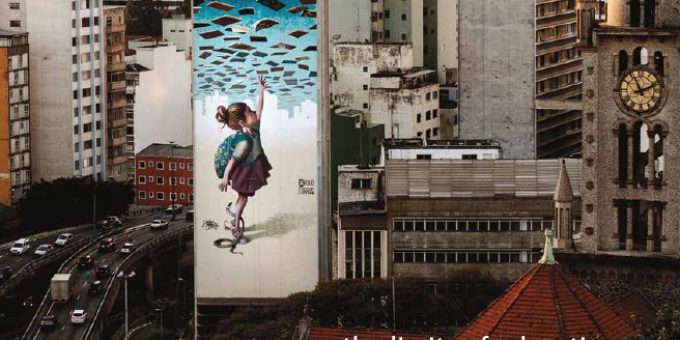
Letter from the Editors: Spring 2018
Education is a central feature of our lives. Collectively, our society invests billions of dollars in schools and colleges, with the hope that they act as transformative institutions that create a society of educated and productive citizens. Most of us will spend 12 to 16 years in school—often many more. And if we have children, we obsess over their homework, their schools’ scorecards, and the doors education will open for each generation.
But what if education doesn’t deliver on its promises? What if our educational institutions are poorly suited to the tasks we demand of them? In this issue, Prudence Carter explores how schooling might be mobilized in a world of relatively rigid racial and economic inequality. Karl Alexander, who has worked for decades in the sociology of education, discusses his involvement in Baltimore school reform efforts, including racial integration. Our back page piece, by Jal Mehta and Scott Davies, asks whether sociologists, in their concern about inequality, have neglected the institutional and political effects of education. And Jennifer Randles looks at a different kind of education: government funded programs aimed to “teach” men to be responsible fathers, and through which many of those fathers earn GEDs that help them access better jobs.
We also continue to bring you cutting-edge discussions of culture and society. You’ll read about life and death on the margins, from migrants making their temporary homes in Rome to sex workers, whose marginal lives can render them easy prey for serial killers. Our Viewpoints editors have assembled a razor-sharp collection of essays that discuss social movement outcomes, featuring heavy-hitting scholars of protest Pamela Oliver, Matthew W. Hughey, and Jennifer Earl, as well as emerging voices David Pettinicchio and Melissa Brown. This collection of essays is surely a high point of this issue.
Our other sections offer delights for the intrepid reader. Tom Gieryn has been working on “truth spots,” or where knowledge is made—from laboratories to courtrooms and beyond—and presents a photo essay on one such location: the Oracle of Delphi. Another point of pride is Jeannine Bell’s interview with Mariano-Florentino Cuellar, an associate justice of the California Supreme Court. And in the Trends section, you’ll find data on the interplay of mental illness and police shootings and Americans’ opinions about whether and when companies can refuse to serve same-sex and interracial couples.
This issue is testament to the depth and vitality of the sociological imagination. Sociologists scan the social world in the way explorers examine the horizon. Whether it be an archaeological museum, a school, or a court, we see social life as a vast territory to be uncovered, critiqued, and celebrated. In this critical function, we help people understand the world in which they live—and how it might be changed.
The next step is to build bridges between the sociological community and the public. This publication is one such bridge, but there are others. In the classroom, we can make sure that our students know how to think about current events from the sociological point of view. On campus, we can take the time to communicate with colleagues in other disciplines who may have never been exposed to our ideas. Sociologists can even constructively enter the public sphere. Armed with our research, we can interject key findings into public debates and draw attention to social problems. Those with influence and resources can rely on our community for insights about the impact of policy.
We are social scientists, critics, and activists. We are also builders and architects. It is our job not just to generate knowledge, but also to think about the pipelines that will bring our findings to audiences in the media, the corporate world, and the policy arena. How exactly does our knowledge get made? How does it make its way to the desk of a school principal or police commissioner? At our best, sociologists are not merely “thought leaders,” but institutional leaders who help bring about a better world by transforming the organizations that make everyday life. It’s a tough mission, but a good one. We hope this issue will inspire you and your work.

Comments 1
WINDOWS XP PRODUCT KEY
June 14, 2018I like your all publish. You have done amazing execute. Thank you for the important points you can provide, it reduced the problem a lot. I want many more details or so from you.